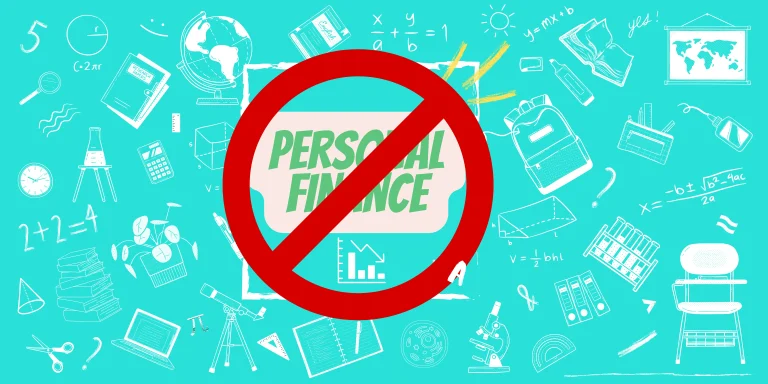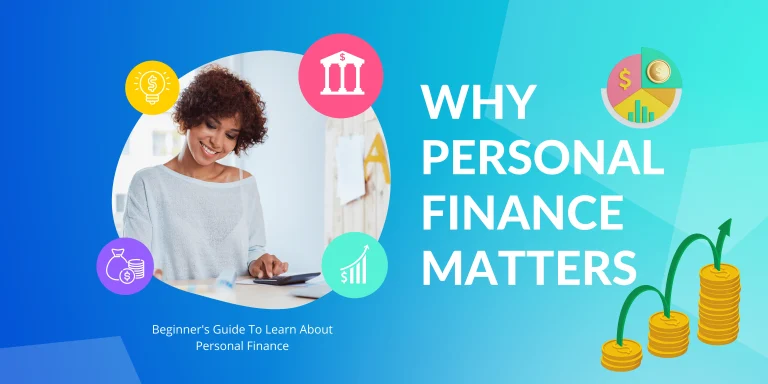Is it better to buy term life insurance and invest the difference?
For many people, yes – buying term life insurance and investing the difference in premiums can be a more effective wealth-building strategy than cash value life insurance. Here’s why: term life insurance premiums are significantly lower (often 10 times less expensive) than cash value policies for the same death benefit amount. This means you could buy a term policy, then invest the money you save on premiums into tax-advantaged retirement accounts like a 401(k), IRA, or brokerage account. These investment vehicles often provide higher returns with more investment options and lower fees than the cash value component of permanent insurance. Additionally, they offer greater flexibility and transparency. However, this “buy term and invest the difference” strategy requires discipline – you must actually invest the savings rather than spend it. It also assumes you don’t need insurance past the term period. Some situations where cash value life insurance might still make sense include estate planning for high-net-worth individuals, business succession planning, or when you’ve maxed out other retirement savings options. The key is to honestly assess your financial discipline, investment knowledge, and long-term needs. For most families, especially those on a budget or just starting to build wealth, the combination of affordable term insurance plus systematic investing in conventional investment accounts typically produces better long-term results than relying on cash value life insurance as both protection and investment vehicle.





